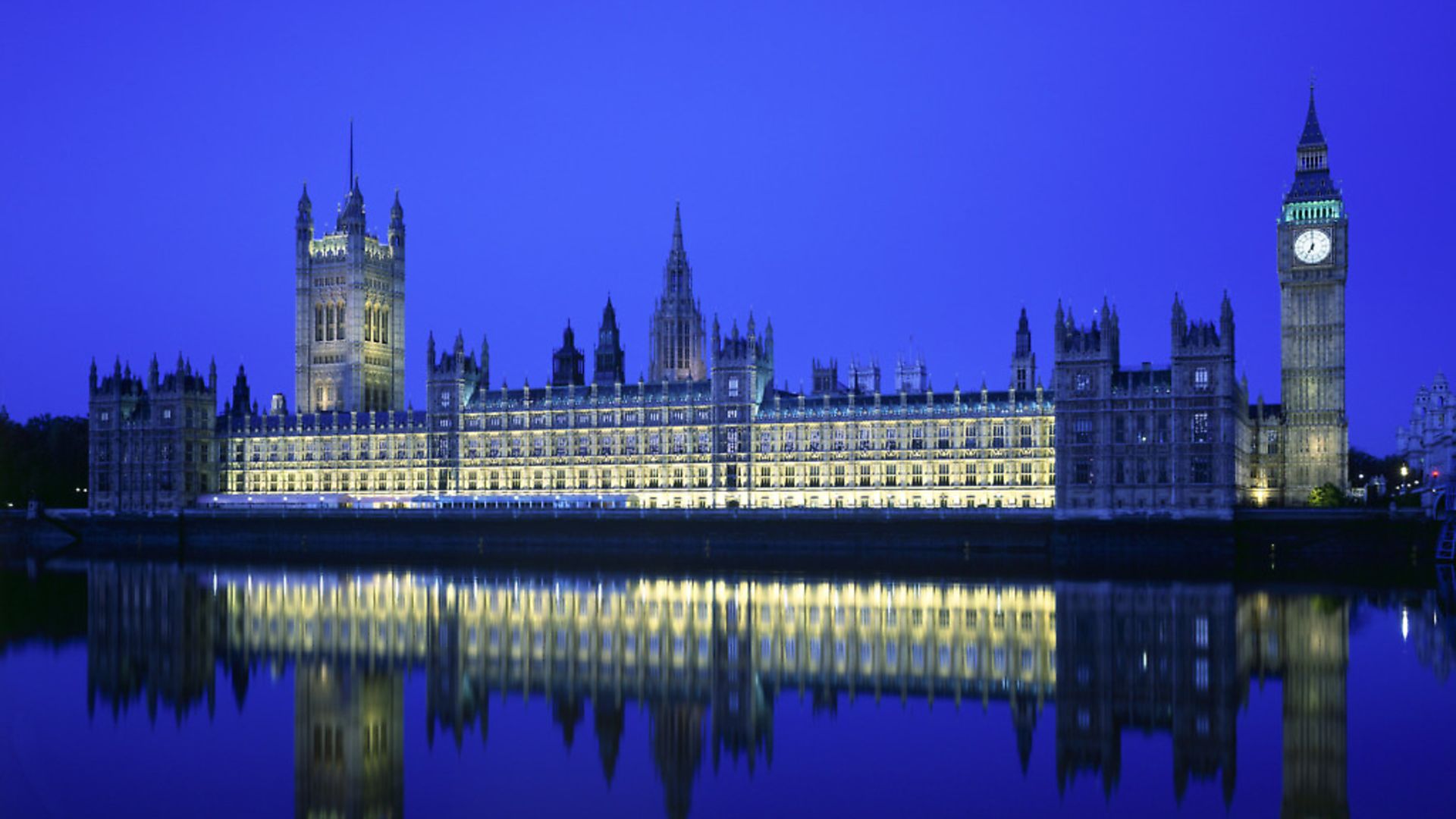
In a ‘historic’ moment peers have used its first electronic vote in the House of Lords to defeat Boris Johnson’s government.
Members backed by 275 to 256, majority 19, a move aimed at securing safeguards around the extradition of international fugitives and ensure the system is not abused by countries with poor human rights records.
The historic vote came during the third reading of Priti Patel’s Extradition (Provisional Arrest) Bill, which is designed to close a loophole that currently allows fugitives wanted for serious crimes abroad to walk free on UK streets.
The legislation gives police the power to immediately arrest a person wanted for extradition without the need to secure court approval.
This would only apply to serious offences and where a valid extradition request has been made by approved ‘trusted’ countries, which currently includes Australia, Canada, New Zealand and the US.
However, the bill would give ministers the power to add to this list and there are concerns this could be open to future abuse, with other motives influencing decisions such as securing trade deals.
The amendment backed by peers imposes further conditions on ministers in adding to the group of selected countries.
This included the requirement for a ministerial statement confirming that the territory does not abuse the Interpol Red Notices system, used to locate and provisionally arrest a person pending extradition.
Opening the third reading proceedings, Home Office Minister Baroness Williams of Trafford recognised the importance of occasion with the prospect of electronic voting, introduced in response to the coronavirus pandemic.
She told the chamber: ‘I would like to note the fact that this is a historic moment.
‘This will be the first opportunity to remotely vote in the House of Lords in history.’
Proposing the change to the bill, Labour frontbencher Lord Kennedy of Southwark said: ‘The amendment requires certain conditions to have been met before the Secretary of State can make a regulation… to either add, remove or vary a reference to a territory.
‘I think this proposal is both reasonable and proportionate and should really be of no problem to the government.’
He added: ‘There is considerable evidence that some jurisdictions do abuse the (Interpol) Red Notice system and I would hope that we would not want to be dealing with such countries on the basis of future extradition agreements.’
He was backed by Baroness Kennedy of Cradley, who said: ‘This amendment puts a process in place to properly consider and then stop extraditions to countries who abuse human rights.’
Responding, Lady Williams said: ‘The government is committed to ensuring that parliament has the ability to question and decide whether any new territories should come within scope.’
She added: ‘The government will not specify any country which is not suitable. The addition of any country must be approved by both Houses and I trust neither House would be content to approve the addition of a country about whom we had concern.’
Despite the defeat in the Lords, the government is likely to seek to use its sizeable majority in the House of Commons to overturn the amendment.
Additional reporting by PA.









